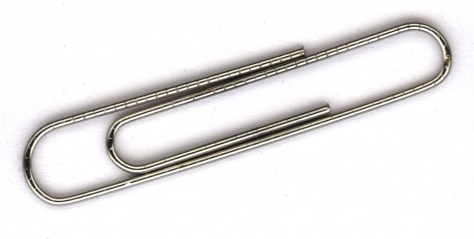Getting your CV right from the start is important – in this article I will address the basic format of an effective CV. There are hundreds of CV templates available for free on the internet, all slightly differing from each other – some more effective than others. If all CVs were the same it would be a rather boring process for recruiters and hiring managers to sift through the piles of applications they receive on a daily basis, therefore it is OK to take on your own creative style as long as the CV remains professionally written and readable.
Some areas for consideration in your CV:
1. Contact details – make sure you add your mobile number, email address and basic location as a minimum. You would be surprised how many CVs I have seen with no contact details at all, how does the hiring manager reach you?
2. Profile – a good way to introduce yourself on your CV; stick to a clear and concise paragraph which details your key skills and abilities.
3. Objective – this is an interesting section to add into a CV, personally I don’t think it adds a great deal to the application however some employers appreciate the effort gone into clearly stating your career goals and matching up this statement to the role you are applying for (this section should be fluid so it changes per application).
4. Achievements – project management is all about accomplishment so why not highlight some towards the top of the document. Don’t go beyond 4 or 5 bullet points and make sure you demonstrate how you add value, utilising a structure such as STAR (Situation or Task, Action, Results) will help you keep on track.
5. Employment history – this should ideally start about half way down the first page of the CV.
6. Education and training – placed after the work experience if you are a seasoned professional or on the first page of the CV if you are a recent graduate.
7. Additional skills – such as IT skills can be added here if they have not been integrated in the remit of the roles. Any sought-after IT skills such as Primavera or MS Project etc. should be included.
8. Hobbies – not essential on the CV but it does add some personality to the CV and gives the reader an insight into you, outside of work. This has been key additional criteria in some employers I have recruited for previously.
9. References – at the end, state “available on request”
Utilising the above as the structure of the CV you can then flesh out with experience and skills to ensure you have covered the required elements of the CV.
At The CV Righter we recognise how difficult it can be to put together your own CV – there’s no shame in it, some just find it difficult to sell themselves on paper. That is why we work with you to understand exactly what you do and how you do it, we then take that detail and put together a clear and concise CV and ensure you are comfortable with all the content so you are not overselling or misleading the potential employer and will be comfortable at interview. Visit www.thecvrighter.co.uk for advice on how we can help you.





